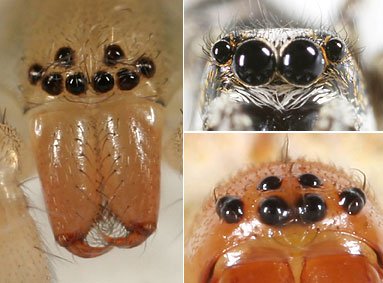Hellenologophobia
Registered Senior Member
System failure? Try megalomaniac failure. :crazy:What women look for in a high intelligent male these days (if that's what they are seeking) is not my concern here, at first glance. But to isolate what that would entail is.
Here is a male being who must first be indoctrinated normally, as all males are:
--Slowly a donning of higher intelligence emerges.
--Next, he looses trust in those not as intelligent as himself, especially those of scholarly authority, as he is young, and in a learning phase.
--He will then show signs of hesitancy, as if there is something wrong with the whole institution of the indoctrination.
--He then must question the bedrock of all institutions.
--He must go thru a self-examination of his surroundings--a quiet, private relearning.
--He must maintain an agreeable appearance to his surroundings, not to instill alarm.
--He becomes noticeably disassociated.
--Surrounding young low intellect men and women who need a kick in the teeth are protected by the law system.
--Normal procedural indoctrination weeds out the disassociated from advancement.
--The system breeds success in the lower intelligent subjects.
--Work positions requiring high intellect are filled by incompetent lower intellects.
--System failure.





